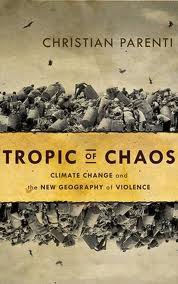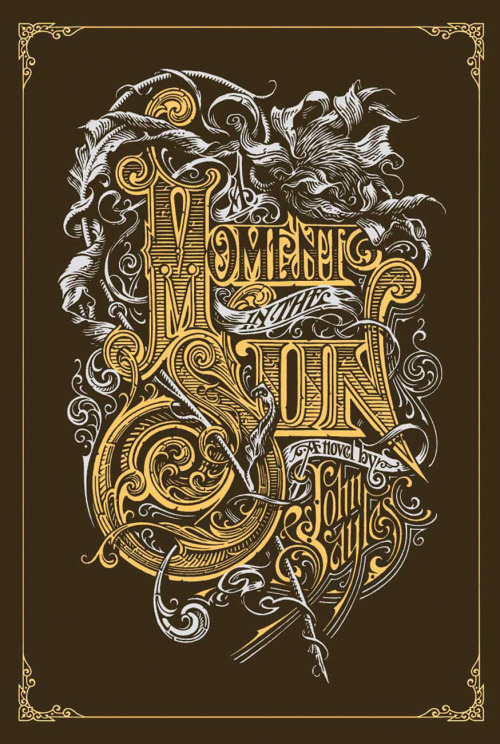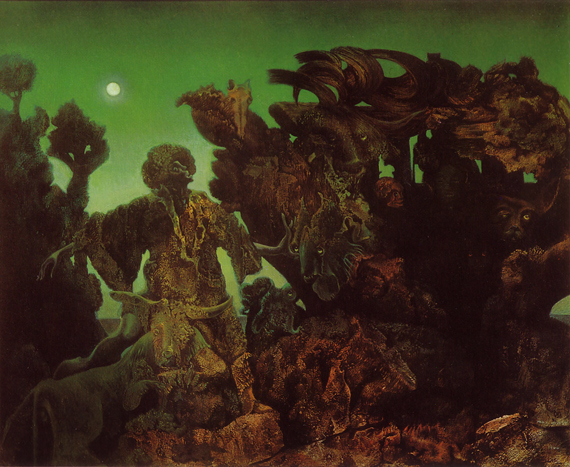
The Organization of Solidarity with the People of Asia, Africa and Latin America (Organización de Solidaridad con los Pueblos de Asia, África y América Latina), abbreviated as OSPAAAL, is a Cuban political movement with the stated purpose of fighting globalisation, imperialism, neoliberalism and defending human rights. It publishes the magazine Tricontinental. The OSPAAAL was founded in Havana in January 1966, after the Tricontinental Conference, a meeting of leftist delegates fromGuinea, the Congo, South Africa, Angola, Vietnam, Syria, North Korea, the Palestine Liberation Organization, Cuba, Puerto Rico, Chile and the Dominican Republic. Mehdi Ben Barka, the Moroccan leader of the Tricontinental Conference, was murdered the year before, allegedly with complicity of the CIA.
One of the main purposes of the organisation is to promote the causes of socialism and communism in the Third World; for example, OSPAAAL strongly supported Hugo Chávez and demands that the Cuban Five be released. Social development, which the organization says is a human right, is a recurring theme in OSPAAAL publications.
From its foundation until the mid 1980s, OSPAAAL produced brightly coloured propaganda posters promoting their cause, however, financial difficulty and ink shortages forced the organization to stop producing these posters. However, in 2000, these posters began to be printed again. These posters, as they intended to be internationalist, usually had their message written in Spanish, English, French, and Arabic. As opposed to being put up on walls around Cuba, these posters were instead folded up and stapled into copies ofTricontinental, so that they could be distributed internationally. This allowed OSPAAAL to send its message to its subscribers around the world.
All OSPAAAL-Posters from the beginning until 2003 are documented and indexed in the book The Tricontinental Solidarity Poster.
Comprehensive archive of OSPAAAL posters created by librarian/archivist Lincoln Cushing
These are some of my favorites:







 Tuesday, April 16, 2013 at 2:38AM
Tuesday, April 16, 2013 at 2:38AM 










